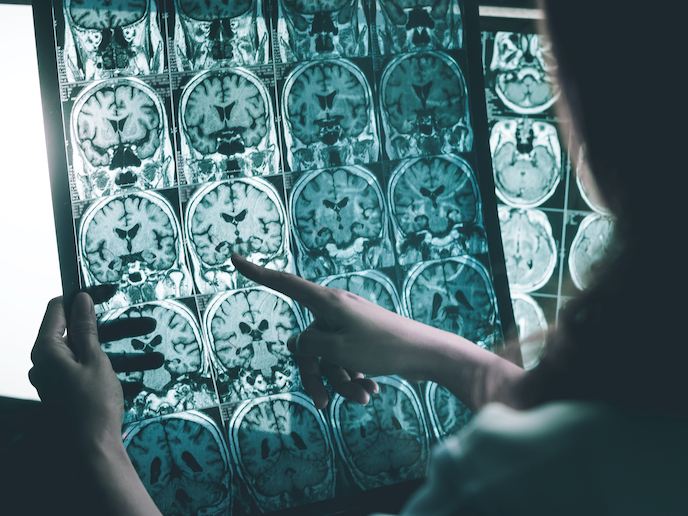Zebrafish help scientists tackle Alzheimer’s disease
A key success of the INFLAMM-ALZ project was the development of a model using zebrafish to investigate microglia(opens in new window) function in Alzheimer’s disease. “This provided valuable new knowledge on the importance of these cells,” explains project coordinator Petronella Kettunen from the University of Gothenburg in Sweden. “We now have a straightforward method to quantify microglia clearance of the toxic protein Aβ under different treatments.” The project findings, made possible with the support of the Marie Skłodowska-Curie programme, are now being applied in clinical projects using human tissue and patient data. “We are investigating the potential of proteins of interest in serving as pharmaceutical targets for future drug development for Alzheimer’s disease,” says Kettunen. “If successful, this approach could mean a real difference to millions of people who will develop Alzheimer’s disease in the future.”
Critical health issue
Alzheimer’s disease affects the brain’s ability to function normally, in particular the formation of new memories. Patients are more prone to forgetting important appointments and previously known vocabulary and can find themselves in previously familiar situations that they do not recognise. Life expectancy after diagnosis is usually between 3 and 11 years. Around 44 million people around the world are affected by Alzheimer’s disease or related disorders(opens in new window) that affect cognition. Many family members act as caregivers, and they can in turn be affected by isolation and emotional distress. Better understanding this disease has become a matter of urgency, especially given our ageing populations. “Medications at the moment are limited to symptomatic treatments that aim to boost memory,” says Kettunen. “There are no drugs that prevent the disease, while diagnostic tools are becoming better at identifying patients with the disease at an early stage. Despite the fact that Alzheimer’s disease has been studied for a long time, we still don’t fully understand how the disease develops.”
Targeting drug discovery
The INFLAMM-ALZ project sought to address this knowledge gap by focusing on microglia function in the brain. While the process of degrading toxic proteins is thought to protect against Alzheimer’s disease, anomalies could cause microglia to go into overdrive and cause inflammation, degrading healthy neurons. To better understand this mechanism, the INFLAMM-ALZ project built on previous findings and focused on microglia in zebrafish. “We were able to follow microglia in zebrafish in real time,” says Kettunen. “We then exposed fish to pharmaceutical compounds. In parallel, we investigated the behaviour and cognition of zebrafish, and measured the neurotoxic effects of Aβ.” In particular, the project has shone a light on lysosomal function in microglia cells. Lysosomes are critical for degrading toxic proteins, and it has been suggested that Alzheimer’s disease could be caused by lysosomal dysfunction. “We are very excited to find a possible piece of the puzzle that could help explain the pathology of Alzheimer’s disease,” says Kettunen. The project also found evidence that the glymphatic system (vessels in the brain important for clearing toxic compounds from the brain, including Aβ) could be involved in clearing toxic Aβ in zebrafish. “This opens up potential new research relating to the clearing mechanisms and identification of genes that affect this process,” says Kettunen. “This could also have direct implications for future drug discovery, and again, this is something we are interested in studying further.”







